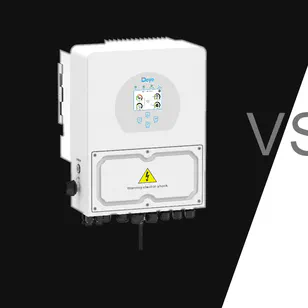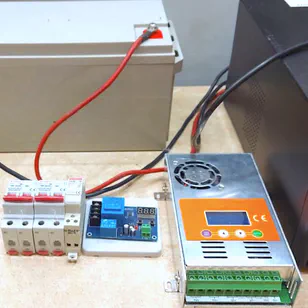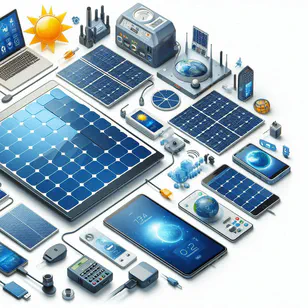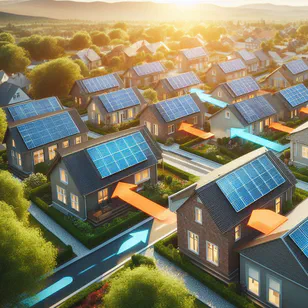Introduction
Cooking with an induction stove powered by a solar inverter is both an efficient and environmentally friendly choice. Even if you have a relatively small inverter, such as a 6 kW unit, it’s possible to power your stove and enjoy a sustainable kitchen setup.
Connecting an Induction Stove to a Solar Inverter
Typically, induction cooktops and ovens in homes with three-phase networks are connected across all three phases. The setup is usually split into:
- One phase powering two burners.
- Another phase powering two more burners and the control panel.
- The final phase powering the oven.
This division helps balance the load across each phase. However, if you have a single-phase connection in your home, it’s possible to combine the two phases powering the burners and control panel. This way, the entire induction surface can run on a single phase.
For those with a limited inverter capacity, you can select the line that powers two burners and the control panel. The remaining two burners will only function when connected to the grid.
Maximizing Solar Energy for Cooking
By prioritizing the burners connected to the solar inverter, you can make the most of solar energy during the day. At night, or when the solar system is not generating power, you can switch to the burners connected directly to the grid. This hybrid approach ensures you can continue cooking efficiently regardless of the time or weather.
For those looking to expand the autonomy of their solar setup, integrating a Battery Management System (BMS) for your LiFePO4 battery can optimize battery health and prolong system life. You can read more about the importance of a BMS here .
Achieving Cost Savings and Energy Independence
By following this method, you’ll not only save on electricity costs by utilizing solar energy but also ensure autonomy in cooking, even during power outages. Managing your household’s energy consumption effectively is another essential part of reducing costs. For a deeper dive into this, check out our guide on household energy consumption .
Seasonal Considerations for Solar Energy
Seasonal fluctuations in solar energy generation can impact your cooking routine. During the winter months, optimizing your solar panel tilt and placement can help you maintain efficient energy generation. Learn more about optimizing your system for seasonal changes here .
By integrating solar energy into your kitchen setup, you’re not only investing in sustainability but also ensuring flexibility and efficiency when it comes to cooking.




